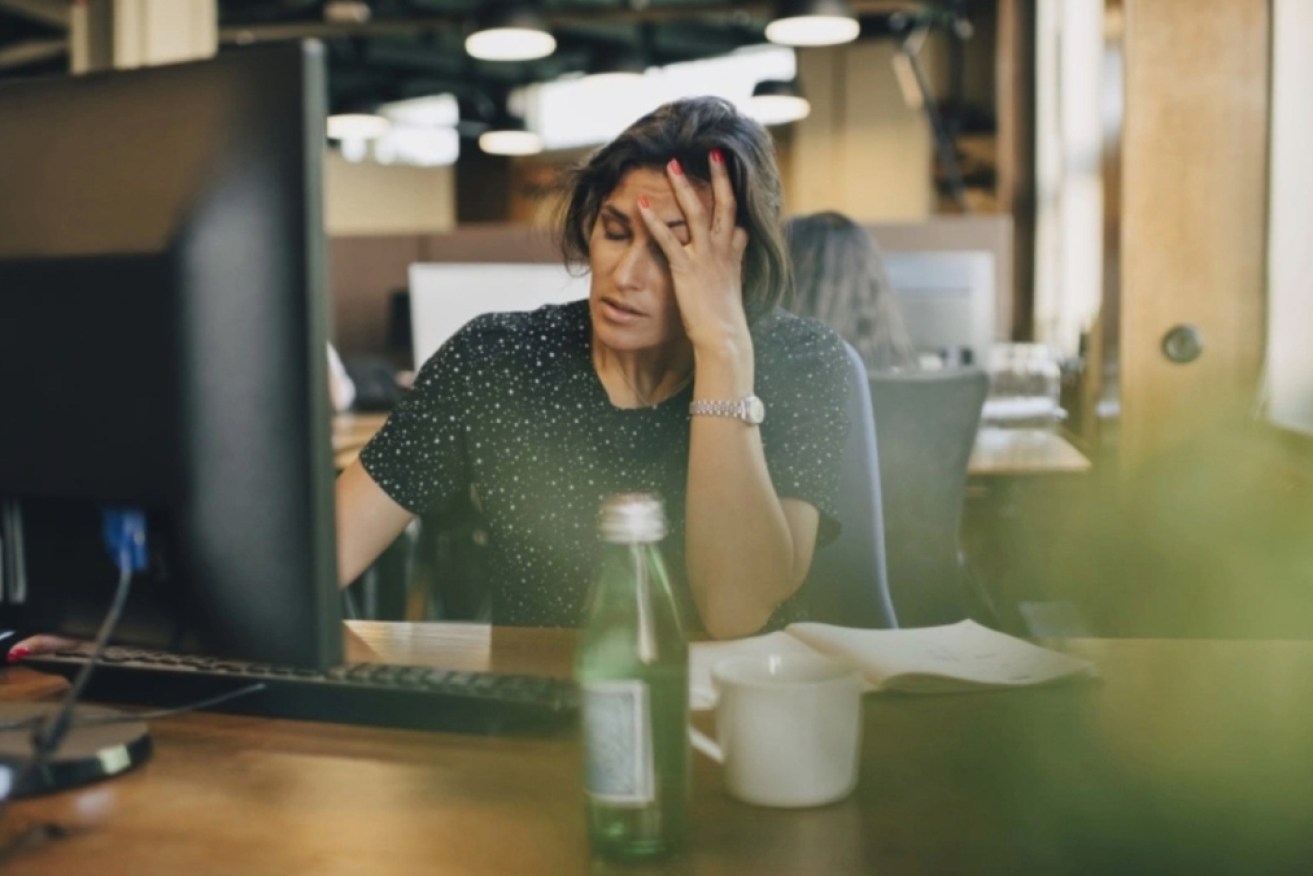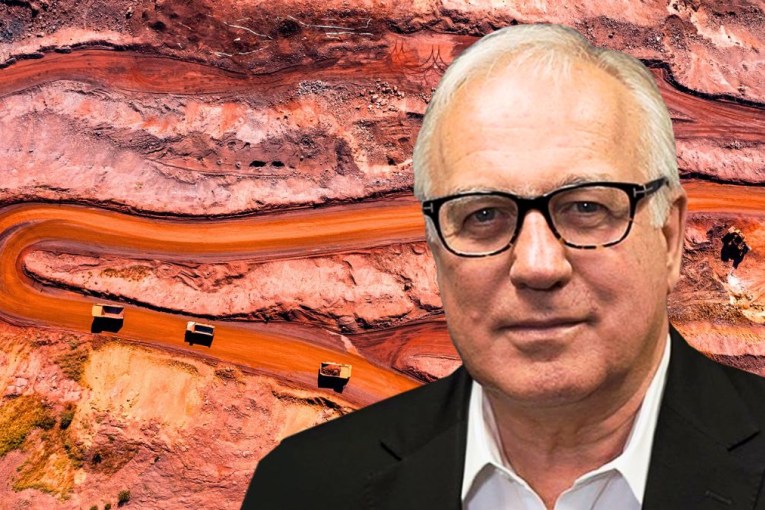Why Aussie workers are scared of taking leave and switching jobs


Some Aussie workers may feel forced to take less holidays and stay in a job they hate due to inflation. Photo: Getty
The tight post-pandemic job market put many Aussie workers in a strong position to negotiate with employers – but the pendulum has swung back, and workers face an uncomfortable dilemma.
In November, job ad volumes were down 20.2 per cent on the same time a year earlier, according to Seek data – while applications per job ad had spiked 82.8 per cent.
The loosening labour market, coupled with the cost-of-living crisis, meant an increasing number of workers were saving up their annual leave and hesitating when it came to changing jobs, according to research by Australasian firm people2people Recruitment.
Hoarding leave can lead to burnout
Erin Devlin, people2people Recruitment Victoria managing director, said 43 per cent of employees said in 2022 they planned to take more annual leave than the previous year – after suffering through COVID-19 lockdowns.
But that trend has slowed.
Instead workers were choosing staycations over trips away, were more likely to reduce the amount of annual leave they’d have to take, and were even cutting back on holiday spending as they battled the rising cost of living.
“They are taking some time off, but they’re not flying anywhere [or] paying for accommodation,” Devlin said.
“They’re staying in and around their local area, and having a break there.”

Some quiet time at home could make all the difference in your wellbeing at work. Photo: Getty
Workplace wellbeing expert Sally McGrath said while using time away from work to relax at home was a cost-effective way to take a good break, failing to use up the bulk of your annual leave may lead to burnout.
This could have serious consequences for your health.
“I’m very much an advocate of ‘when you have the opportunity to take a break, take it’,” McGrath said.
“If you don’t take a break when it is quiet and you continue on, you definitely run the risk of your stress levels not being as resilient as they could be when things do pick up and get hectic.”
McGrath has seen health issues resulting from ignored burnout that include everything from mild colds and muscle aches to chronic fatigue and autoimmune diseases.
She strongly encouraged workers to take their leave whenever they could.
If money is a concern, consider spending the time off doing low-cost activities such as staying at home, cooking, visiting the beach or having a picnic.
“Just do something – or nothing – that will leave you feeling rested and restored,” she said.
Money concerns impede career changes
Polling by people2people Recruitment found more than 70 per cent of Australian workers were significantly worried about applying for new roles amid global economic uncertainty.
Seek also found many Australians were less keen to change jobs in the next six months due to the current economic climate.
There are also concerns about job stability and less pay.
Devlin said there were similar trends following the global financial crisis of 2007-2008 and at the height of the COVID pandemic.
“There’s a lot going on in the world at the moment, and that is just creating uncertainty about what is to come next,” she said.
“What makes candidates a little bit uncomfortable is [the concept of] ‘last in, first out’ if there are any redundancies or that company needs to make some changes if the economy declines further.
“I think it’s a valid concern in an environment where in some sectors we are seeing some level of redundancies … However, we’re still very close to 50-year unemployment lows, and we’re still in the midst of one of the greatest staffing shortages in our time, and so there is still a very high demand for staff.”
The Australia’s Institute’s Centre for Future Work director Dr Jim Stanford said it was understandable that Australians were concerned about job security given the Reserve Bank is deliberately trying to slow down the economy and increase the unemployment rate to 4.5 per cent (it currently sits at 3.8 per cent).
Aside from stymying career aspirations and searches for better pay, lower job mobility due to economic uncertainty and declining job vacancies could also mean workers were forced to stay in unhealthy working environments.
“Unfortunately, [the economic slowdown and few job vacancies] also makes [workers] more willing to put up with unacceptable conditions in their current job,” Stanford said.
“If there are very few other jobs to look for, then, unfortunately, a lot of people will just put up and shut up, rather than thinking, ‘You know what, I deserve to be treated better than this’.
“The overall cooling economic climate is certainly having an impact on workers’ confidence.”








